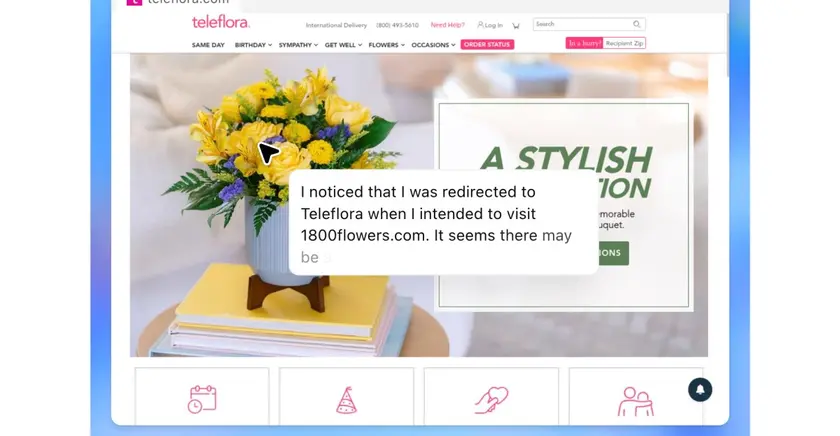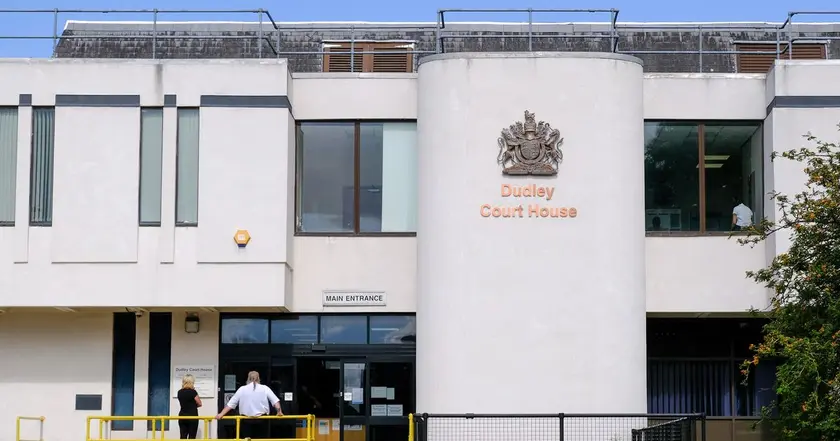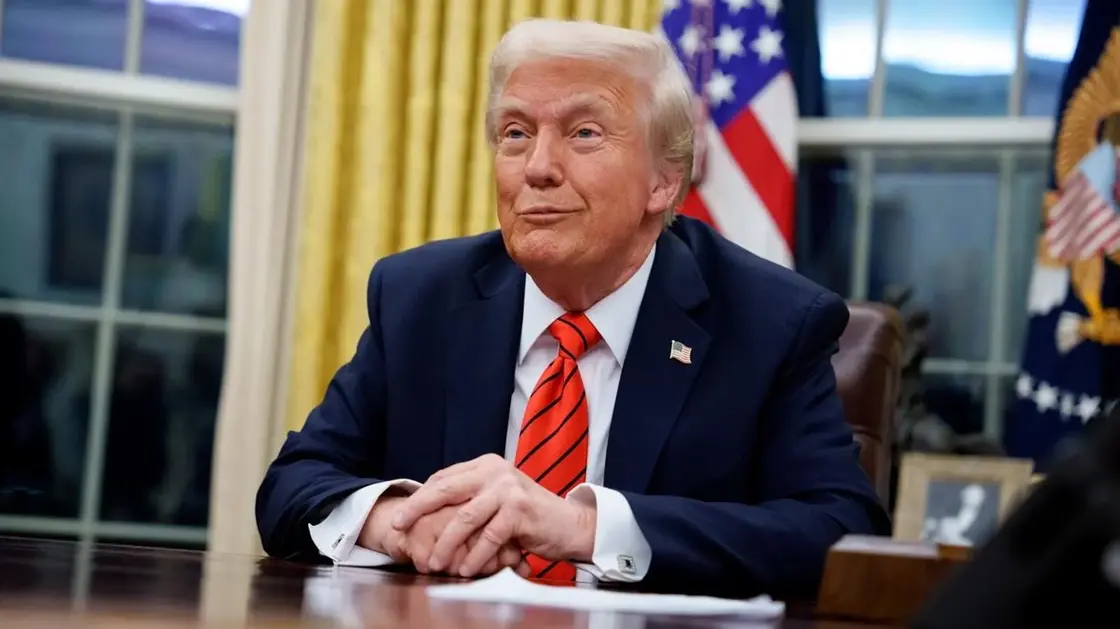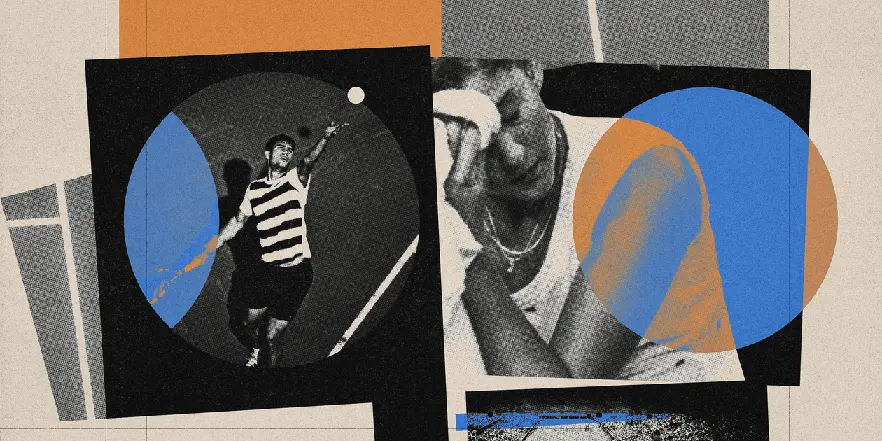T4K3.news
NYT wins access to ChatGPT logs through court order
A judge ruled OpenAI must retain user data for The New York Times' ongoing litigation.

The New York Times successfully pushes for access to ChatGPT user logs amid a court battle.
NYT wins court order to access ChatGPT logs after OpenAI's objections
A federal judge has ruled that OpenAI must retain all ChatGPT logs, including deleted chats, allowing The New York Times to access them as part of ongoing litigation. Despite OpenAI's objections that this decision undermines user privacy, Judge Sidney Stein upheld the order, citing legal provisions within OpenAI's user agreement. The New York Times, which sought this information, claims it is essential to its legal case regarding copyright violations, potentially relating to users' attempts to bypass paywalls. OpenAI is considering further legal actions but currently faces limited options to counter the order's implications.
Key Takeaways
"This ruling points to a significant shift in how user data may be treated in legal contexts."
This highlights the potential for legal cases to influence data retention practices in tech companies.
"We intend to keep fighting this order, but options are limited."
An OpenAI spokesperson acknowledges the challenges ahead regarding the court's decision.
This ruling reflects a growing trend where user data may be more accessible in legal proceedings, raising concerns about privacy. OpenAI's struggle to balance data retention with user confidentiality highlights the difficulties tech companies face in a landscape that increasingly prioritizes transparency over privacy. As news organizations like The New York Times assert their rights, the implications for user privacy and data security are profound and may lead to stricter regulations in the tech industry.
Highlights
- The court's decision raises important questions about data privacy.
- OpenAI's fight against the order could put users' data at risk.
- New York Times pushes for transparency in AI data collection.
- Will user privacy give way to legal demands?
Legal risks associated with user data access
The court's order raises serious concerns about user privacy and the potential exposure of private conversations in ongoing litigation.
As this case unfolds, the future of user privacy in AI platforms remains uncertain.
Enjoyed this? Let your friends know!
Related News

OpenAI launches ChatGPT Agent with limitations

AI testing raises caution about history tools

Google must comply with court ruling in 30 days

English vineyards see a tourism boom

Housing fraud case in Wolverhampton

Retirement investors could gain new options

Stalking in Tennis Highlights a Safety Crisis

Indian authorities ban 25 books in Kashmir
